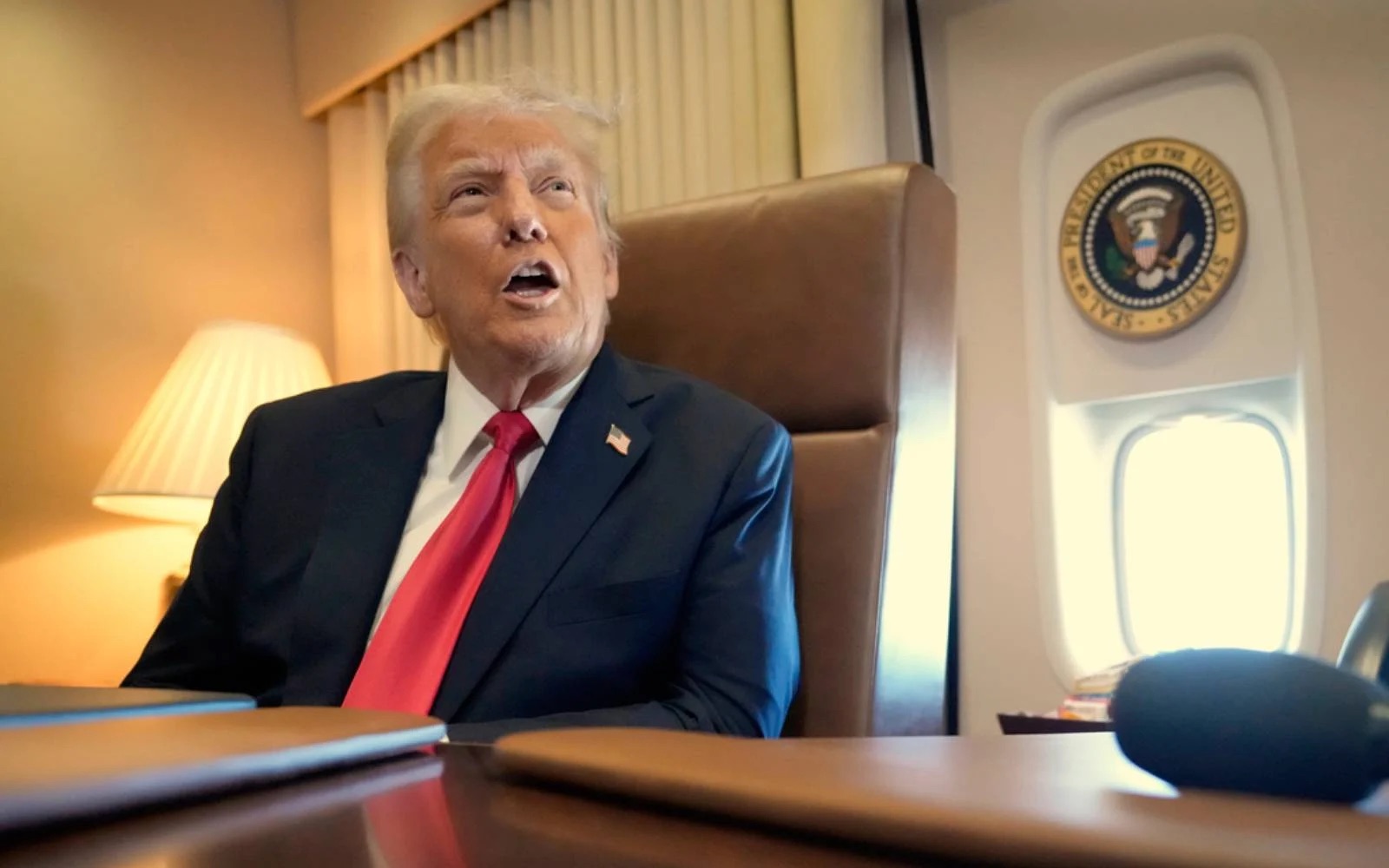President Donald Trump ordered the cessation of all airstrikes targeting Houthi militants in Yemen. This order is effective immediately. This was the date when the Trump administration initiated one of its worst bombing campaigns, on March 15. This decision was meant to deter recent escalating Houthi attacks on commercial shipping in the Red Sea. U.S. military officials said the Houthis lost more than 1,000 leaders and their weapons arsenals in U.S. conducted military strikes during this time period.
Trump conveyed his directive to Secretary of State Marco Rubio, instructing him to communicate the message to the Iran-backed militant group. The announcement comes on the heels of talks between US officials and Houthi negotiators, who allegedly expressed a desire to reduce hostilities.
A Costly Campaign
The U.S. airstrikes, which were the first military steps in “Operation Rough Rider,” had already cost hundreds of millions of dollars. A U.S. official briefed on the operation disclosed that the operation’s costs approached $247 million. Of course, all of this spending happened during a very compressed time period starting around mid-March. The military conducted hundreds of pre-emptive strikes to neutralize Houthi threats. One of these threats was a deadly raid on a fuel terminal last month, killing 74 people—the deadliest attack since the campaign started.
The consequences of these strikes have extended far beyond military targets. Aid groups have raised concerns about the high civilian death toll resulting from the U.S. operations, while the Trump administration has faced criticism for easing policies designed to mitigate civilian harm.
“They have capitulated, but more importantly, we will take their word,” – Donald Trump
Trump’s decision to halt airstrikes is partly influenced by assurances from Houthi leaders, who stated they would cease attacks on shipping vessels. This pledge provides a strong complement to several recent multi-stakeholder reports. Houthi authorities have framed their actions as retaliatory strikes against the U.S. provision of military support to Israel amid the continued siege of Gaza.
Military Losses and Strategic Implications
The heavy air campaign has caused catastrophic losses for the U.S. military. In fact, a number of advanced aircraft were operationally lost in the course of action. This consisted of seven MQ-9 Reaper drones and one Navy F-18 warplane, with a combined value of almost $70 million. These strikes point to larger concerns over how effective these airstrikes are, if at all. They foreshadow possible consequences for future U.S. military interventions in the region.
Rubio acknowledged the shifting dynamics, stating, “If it’s going to stop, then we can stop.” It is encouraging to see that his remarks indicate the administration’s awareness of this incredibly important concern. Ongoing military action on either side will prove difficult with increasing losses and heightening tensions.
Beyond the direct effect on U.S. assets, regional stability is at stake. As a stroke of irony, the Houthis have announced that their activities in favor of Palestine will continue until the aggression against Gaza stops.
Regional Reactions and Future Prospects
Responses to the announcement from major stakeholders have ranged from disrespectful to accommodating. Sayyid Badr Albusaidi remarked on the potential for newfound stability:
“In the future, neither side will target the other, including American vessels, in the Red Sea and Bab al-Mandab Strait, ensuring freedom of navigation and the smooth flow of international commercial shipping.”
This statement underscores hopes for reduced hostilities and improved safety for international maritime operations in a region fraught with conflict.
As Trump science denies his way through this significant policy change, everyone, from here to abroad, will be watching intently. The broader implications of ending airstrikes should be reconsidered, both in terms of reshaping U.S.-Middle East relations and addressing ongoing humanitarian crises worsened by war.
What The Author Thinks
The decision to halt airstrikes in Yemen may reflect a more strategic shift in U.S. foreign policy, emphasizing diplomacy over military action. While it may be seen as a step toward reducing military entanglements in the region, it’s crucial to consider the long-term impact of these decisions on regional stability and the effectiveness of U.S. influence in the Middle East.










